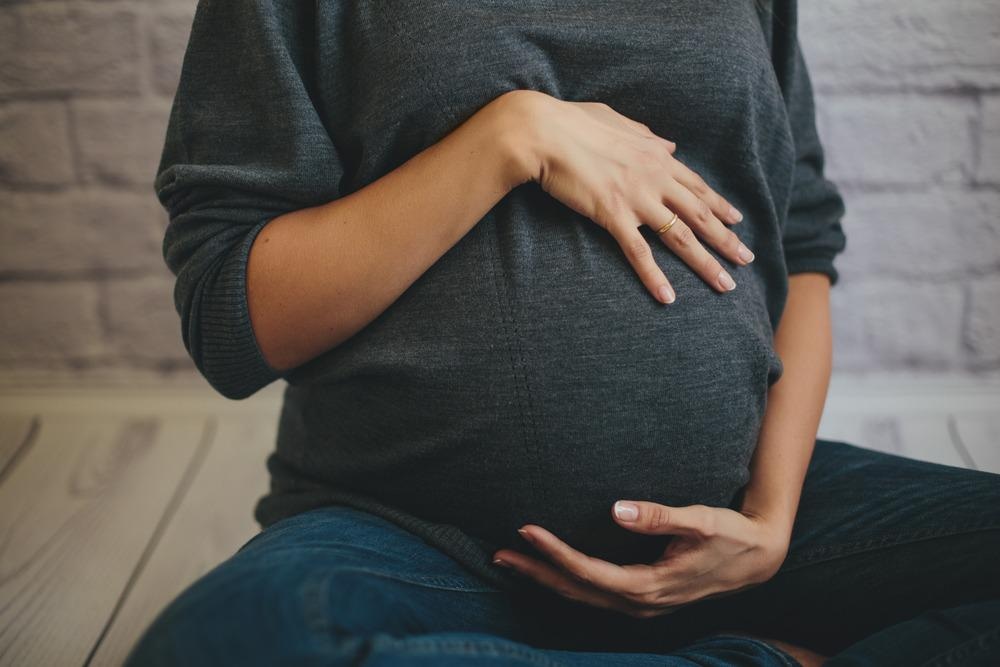Pregnancy-related maternal deaths continue to be a major health concern in both developing and developed countries. Causing factors in pregnancy-related maternal deaths present extensive challenges, not only to policymakers and health care providers but also to any investigative agency and forensic pathologist working towards identifying the cause of death.

Image Credit: Svetlana Iakusheva/Shutterstock.com
According to the World Health Organization, pregnancy-related maternal death results from, or is related to, own pregnancy and/or own postpartum conditions. It is the death of a woman during pregnancy, labor, or in the 6-weeks postpartum period, irrespective of the duration and site of pregnancy. The cause can be related to, or aggravated by, the pregnancy or its (mis)management, broadly categorized into direct, indirect, or incidental causes.
Forensic investigations focus on incidental causes of pregnancy-related maternal deaths, where pregnancy is unlikely to be a contributing factor to the death or be a distant association. Examples of incidentally related deaths can include road traffic accidents, suicide, self-administered overdose, accidental deaths, violence, and homicide, while the person is pregnant or in the postpartum period.
Studies surrounding investigating pregnancy-related maternal deaths identify various contributing factors surrounding preventative and investigative issues. The preventative measures tend to be the responsibility of policymakers and health care providers, while investigative measures are associated with investigating agencies and pathologists.
Preventative Issues
When studying maternal deaths, several issues are highlighted as opportunities for intervention and prevention. Studies suggest solutions to these risks must come from policymakers and hospitals to enhance pregnant people's monitoring and improve prenatal and postnatal care. This enhancement could help build understanding and encourage education on the risks associated with women pre-and postpartum.
The accurate reporting of preventative measures directly impacts maternal death forensic investigations, revealing several contributing issues.
Reporting of information
Although the causes of pregnancy-related maternal deaths have been broadly categorized, it can still be challenging to identify the precise cause of death. To accurately classify the cause of death, investigating authorities require information about deaths among women of reproductive age, pregnancy status near death, and medically concluded the cause of death.
Due to pregnancy-related maternal deaths being relatively rare cases, the information surrounding the event is often not comprehensively reported. The details can be full of uncertainties and misclassification, leading investigating agencies into the wrong path and causing the misunderstanding of potentially important evidence.
Prepartum Intervention
Domestic violence is the third leading cause of pregnancy-related maternal deaths, which has played a significant role in pregnant women's quality of life and has worsened during the COVID-19 outbreak.
From an investigative point of view, it is not possible to directly associate violence with the presence or absence of pregnancy. However, data related to homicide and suicide during the pregnancy suggest it is likely an additional aggravation to an already vulnerable circumstance.
As a preventative measure, it is recommended that the pregnancy period could be used as a window of opportunity through screening and counseling in a reasonably safe and easily controlled environment.
Prenatal and Postnatal Care
Further preventive measurements include improving clinical care and expanding public health initiatives to address health concerns amongst pregnant women. A recent study on the needs of incarcerated and previously incarcerated pregnant women suggested that doctors need to be more attentive to healthcare needs outside of the 'traditional' tick-box procedures.
Other than the opportunity for domestic violence intervention, these pregnancy-related opportunities include educational needs, counseling, nutrition benefits, activity support, resting needs, and substance abuse understanding and management. Detailed documentation of pre-and postnatal care can aid as intelligence in forensic investigations.

Image Credit: Tolikoff Photography/Shutterstock.com
Investigative Issues
When investigating suspicious deaths, the investigating team process the scene, evidence, and possible medical information of the victim. Investigating teams usually concentrate on forensic intelligence, while the pathologist focuses on determining the clinical cause of death by autopsy.
Although there are national and international standardized practices and procedures for analyzing forensic evidence and intelligence, the issue during pregnancy-related maternal death postmortem examination lies in the autopsy.
Autopsy Guidelines
The pathologist's role presents significant importance in the knowledge-gathering process of an investigation into the cause of death. The autopsy performed is essential in supporting the gathering of medical history, performing complex laboratory tests, and conducting relevant toxicology analysis to establish the reliable and valid cause of death.
However, the clinical and pathological guidelines for performing an autopsy related to maternal death remain poorly understood and under-researched. Careful postmortem and autopsy evaluation of guidelines is recommended and needed to understand better and avoid failing to identify causes of pregnancy-related maternal deaths correctly.
'It takes a Village…'
Although pregnancy is socially seen as a normal biological process, the physiological changes a woman goes through, combined with often uncontrollable external factors, may increase the risk for death. Thus, from a forensic viewpoint, these risks effectively rely on many industry professionals working together, both prenatal and postmortem.
Sources:
- Alirezaei, S. and Roudsari, R.L. (2022) The Needs of Incarcerated Pregnant Women: A Systematic Review of Literature. International Journal of Community Based Nursing and Midwifery, 10(1) http://doi.org/10.30476/IJCBNM.2021.89508.1613
- Garland, J. and Little, D. (2018) Maternal Death and Its Investigation. Academic Forensic Pathology, 8(4) http://doi.org/10.1177/1925362118821485
- Joseph, K.S. et al. (2021) Maternal Mortality in the United States: Recent Trends, Current Status, and Future Considerations. Obstetrics and Gynecology, 137(5) http://doi.org/10.1097/AOG.0000000000004361
- Naghizadeh, S., Mirghafourvand, M. and Mohammadirad, R. (2021) Domestic Violence and its relationship with Quality of Life In Pregnant Women during the outbreak of COVID-19 disease. BMC Pregnancy & Childbirth, 21(88) http://doi.org/10.30476/IJCBNM.2021.89508.1613
- Wallace, M. E. et al. (2017) Pregnancy-associated homicide and suicide in 37 US states with enhanced pregnancy surveillance. American Journal of Obstetrics and Gynecology, 215(3) http://doi.org/10.1016/j.ajog.2016.03.040
- Wallace, M.E. et al (2020) Violence as a Direct Cause of and Indirect Contributor to Maternal Death. Journal of Women's Health, 29(8) http://doi.org/10.1089/jwh.2019.8072
Further Reading